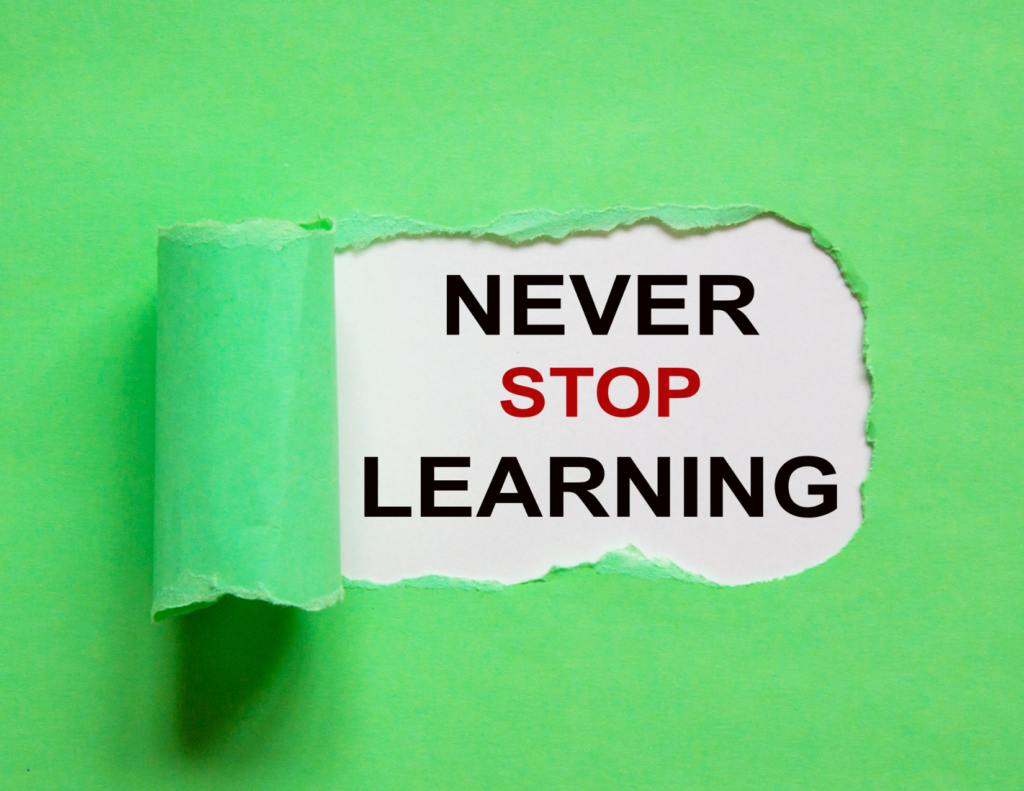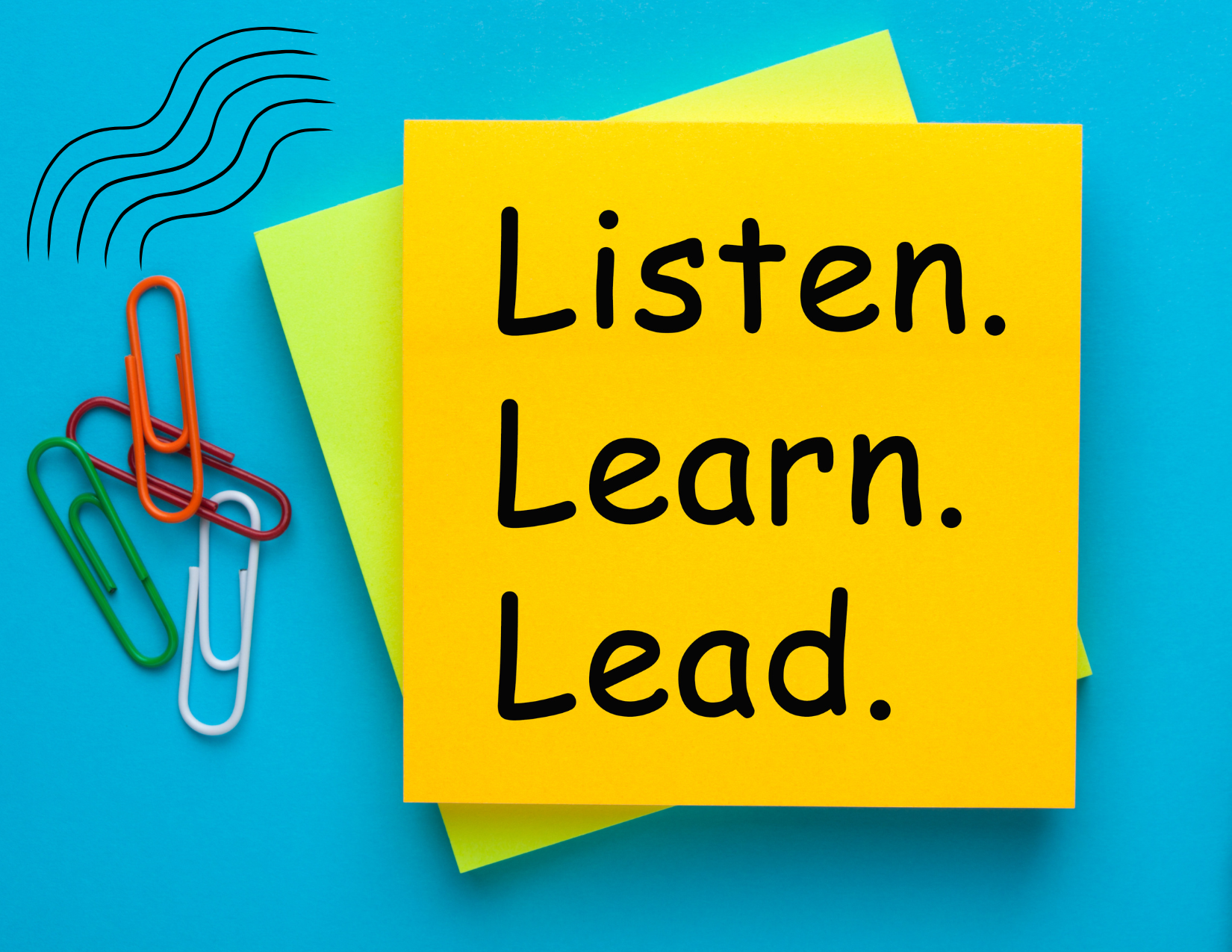It takes more than having good management skills and experience to be a successful leader in today’s fast-paced and ever-changing world. A learning mindset is crucial. The ability to learn, unlearn, and relearn to adapt to the challenges of the constantly evolving landscape is a critical skill that all leaders need to cultivate. Developing a learning mindset requires dedication and ongoing effort, but it is fundamental for any leader who wants to remain relevant and succeed.
What is a learning mindset, and why is it important?
A learning mindset is a collection of attitudes and behaviors that promote constant learning and development. It involves a readiness to tackle new challenges, welcome novel experiences, seek feedback, and recognize the educational potential when you have setbacks. Leaders must have a learning mindset to stay ahead of the game in a constantly changing environment. This mindset helps leaders become more flexible, inventive, and responsive to changing situations and trends. By fostering a learning mindset, leaders can enhance their decision-making abilities, motivate their teams, and establish a culture of continual progress.
Learning Mindset versus Growth Mindset.
We hear a great deal about a growth mindset, but this differs from a learning mindset. A learning mindset is more about having an open approach to learning where you lead with curiosity to discover opportunities for continued learning. It requires exploring and viewing obstacles as opportunities to improve yourself. A growth mindset is contained within a learning mindset; however, it is more about our beliefs and the narratives around how we think that create the impetus for learning.
How to cultivate a learning mindset.
Developing a learning mindset requires an ongoing effort to learn and improve daily. Here are some suggestions to help you get started:
– Use failure as a learning experience. Learn from your mistakes, analyze what went wrong, and think about how to improve next time. Don’t be afraid to take risks and try new things.
– Ask for feedback from others. Seek input from your team, peers, and mentors. Listen to their perspectives and use their feedback to enhance your performance.
– Stay receptive. Be inquisitive, ask questions, and keep learning every day. Be open to fresh ideas, viewpoints, and opportunities.
– Foster a growth mindset. Believe that you can develop your abilities and intelligence through hard work and commitment. Use challenges as chances to grow and improve your skills.
– Attend conferences and seminars. Provide yourself with the space for learning and be open to new thoughts, opinions, and ideas, especially ones that might challenge and expand your thinking.
– Take time to read and listen to podcasts. Set time aside to stay current in your professional space and nourish your mind by reading articles and books and listening to podcasts. Be brave and look outside your professional space to see what you can learn and apply from other sectors.
– Engage in self-reflection. Take time to reflect on your actions, choices, and outcomes. Concentrate on how you can improve next time.
How to apply a learning mindset in leadership roles.
If you want to apply a learning mindset to your leadership roles, here are some ideas to get you started:
– Establish learning goals for yourself and your team. Identify areas of improvement and create a plan to address them. Encourage your team to do the same.
– Provide opportunities for learning and growth. Encourage your team to attend training sessions, conferences, and workshops, and create a culture of learning and development within your organization.
– Encourage experimentation and innovation. Create an environment where your team feels free to take risks, try new things, and learn from their mistakes.
– Recognize and reward learning and growth. Celebrate your team’s successes and encourage them to continue learning and growing.
Being open to acquiring new knowledge and being an active learner is crucial for effective leadership. Cultivating a learning mindset can help you enhance your decision-making skills, inspire your teams, and establish a culture of ongoing progress.







